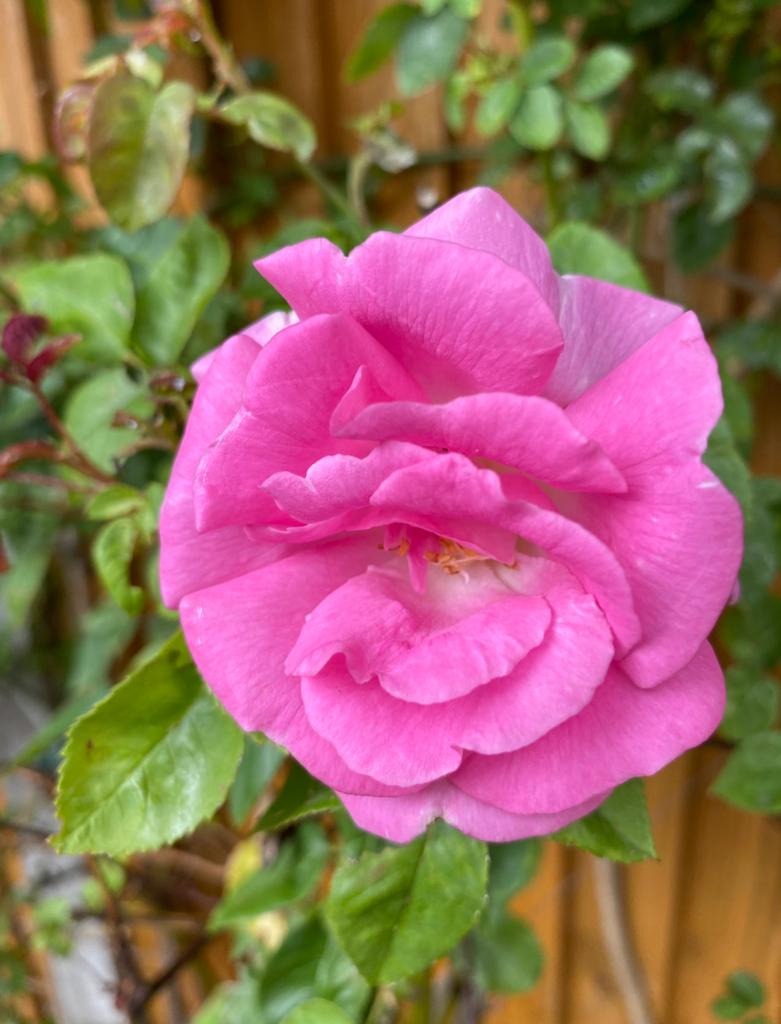This is a member blog by I.K, as part of the Resilience Festival. I.K joined Migrants Organise in 2019 and has recently been supporting or members on a work placement with our Community Programme.
“Resilience is about asking for help. I used to think that resilience meant being ‘strong’. But I realised that there are some things you can’t do alone. We have to help each other and connect with each other, this is how we give each other strength.
When you are living your life in the asylum system, you realise there are things that are not in your control. You think to yourself “Oh the Home Office, they are more powerful than me”.
It can lead to you feeling depressed. I have met people who have become very depressed.
Of course in many ways the Home Office is more powerful than you. They have your life in their hands. They don’t care about your wellbeing or your future. They don’t care about who you are.

My journey has not been easy or straightforward
I arrived in this country in 2018. It was a challenging journey, and has taken five years for me to get refugee status.
In this time, I have spent a short period in detention, then in a hotel and then living in different parts of London in NASS accommodation. I was also living with grief because I had lost family members back home. There are times when I couldn’t sleep, when I was having nightmares. It was hard. You see, your life is on hold. I experienced depression. I felt hopeless.
In these moments, you have to find the right people to help you. This is how we build hope and connection to each other. When you find the people with the right knowledge and experience it can put you on the right path, you can build the right tools to be resilient.
I first came to Migrants Organise in 2019. First I was helped with getting Legal Aid so that I had good representation. They matched me with a volunteer mentor who helped me apply for a little bit of money some grants so that was a big support. I started activities and meeting people.
As a person who has applied for asylum, you are not allowed to work, and you have very little money and support like this. I developed strategies like going to the food bank, going to local charities who could help.
I began studying too at college. When the Home Office moved me across town, it started taking me over two hours to get to my English classes. The staff at Migrants Organise helped me with getting accommodation and support with travel expenses for that.
It was important for me to keep going- studying helped me stay focused. It helped me stay in control.
Mental Health is so important
I realised that I was interested in mental health. It was something I’d experienced and seen in people who were in a similar situation to me. That’s why I began training as a nurse specialising in mental health. I am doing the same training as a general nurse but I am specialising in supporting people with conditions like depression, anxiety and other conditions.
I have also supported people living in asylum accommodation in hotels. These conditions are very difficult- people have no choices. You cannot live freely, you always feel scared. There are many restrictions. For people who don’t understand English there are language barriers. There are no activities inside, or space to go. Everything – like the cooking- is done on your behalf so you lose control….the only thing you can do is go to the park. People don’t like the food, it is always the same and the rice is not cooked very well. People are struggling.
I think people should have the right to work. We shouldn’t be in this situation for this long. We want to have meaning, to connect with people and each other.
These days I have been doing a work placement at Migrants Organise. I am supporting people who are still waiting for an outcome on their asylum application. They know me well so it’s easy for them to talk to me and share their thoughts.
I am interested in how the asylum process impacts our mental health. I’ve been learning a lot and supporting group activities, English classes, helping people learn English and get familiar with the London travel map and supporting people at appointments. I’ve been feeling happy because you begin to understand how to help people get over something really big. I’ve been there.
Don’t wait for the Home Office
My message to anyone that is going through the asylum system: try to find an activity. The Home Office don’t care about your wellbeing, they don’t care about your future. So what you can do is connect with an organisation, a charity, like Migrants Organise to help you to overcome and build. This is a different country, a different culture, maybe you don’t understand the language- you need to spend the time learning English.
You need to have a focus, something to hold on to.
My advice is: don’t wait for the Home Office.
As your case is proceeding, you can get involved with community activity, through that you will get connections.
These connections with people will keep you going.
No matter your resilience, you need help from others, we need each other.
Migrants Organise is a platform for migrants and refugees to organise for justice.
If you’d like to support the vital work we are doing with our members please consider donating to our Legal Walk Fundraiser.
________________________________________________________________


